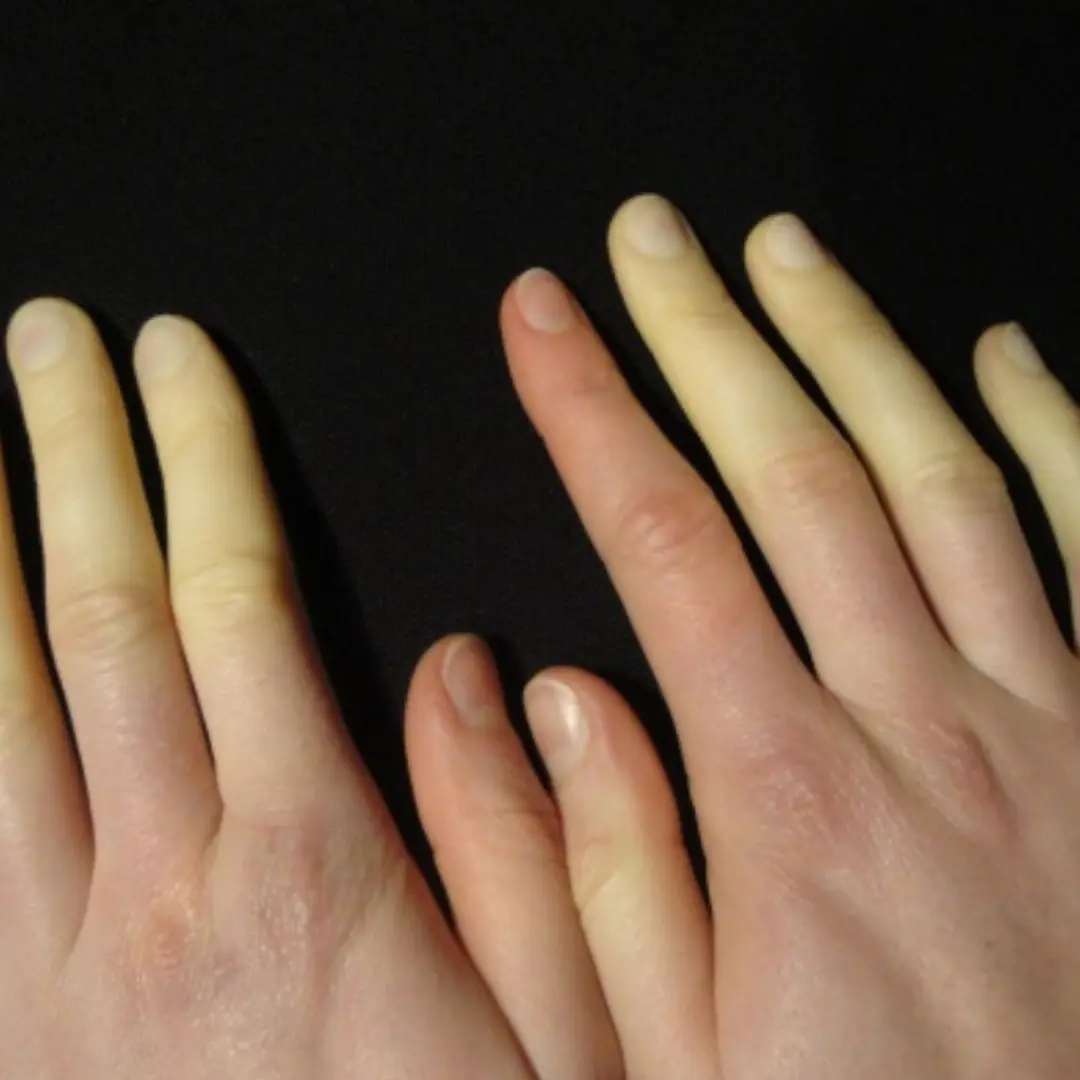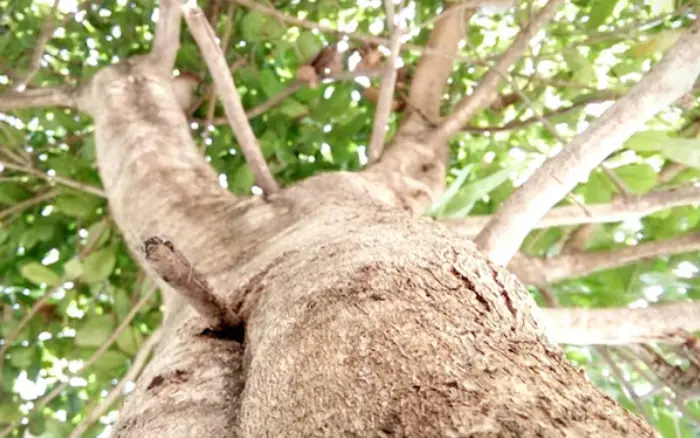
Closing the door when turning on the air conditioner is not necessarily good, experts show what to do
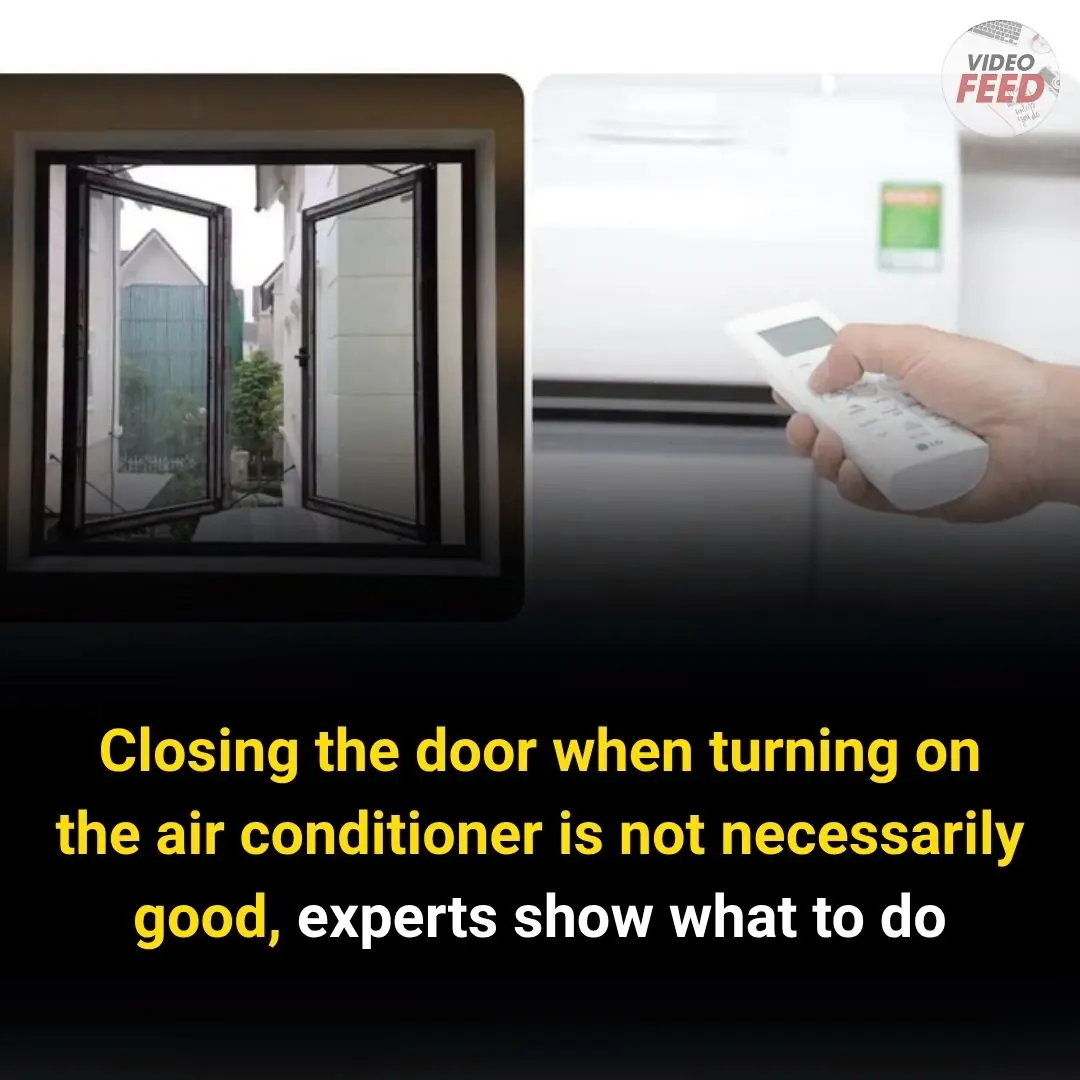
Always closing the door tightly when turning on the air conditioner
Recently, social media has been flooded with tips on how to save electricity when using air conditioners. Some people suggest that you must keep the door completely closed while using the AC so that the cold air doesn't escape, the room cools faster, and the unit isn't overworked.
After reading this information, Ms. Nguyễn Thị Hảo (32 years old, from Nam Định) agreed, sharing that her house has three bedrooms. In each room, she installed a 9000 BTU air conditioner. Whenever the unit is running, she always reminds her family members to close the doors tightly.
"I believe that if the door is left ajar or people keep going in and out, the cold air will escape, making the unit work harder and consume more electricity. So usually by 9 PM, everyone heads to their rooms, closes the doors, and rarely goes out," Ms. Hảo shared.
Although he values energy saving, Mr. Nguyễn Thanh Tùng (from Hoàng Mai, Hanoi) believes that sometimes, a room needs to “breathe,” and people also need fresh air circulation.
According to Mr. Tùng, if a room with an air conditioner is sealed for hours, it becomes stuffy. Users may feel stifled, heavy, and lack oxygen to breathe. While keeping the door shut may save electricity, it’s not good for your health.
Addressing these concerns, Professor Dr. Nguyễn Đức Lợi from the Vietnam Association of Refrigeration and Air Conditioning Engineers said that closing the door while the AC is on can help save power. However, the room should not remain completely sealed for extended periods.
“During air conditioner use, fresh air intake is necessary—about 20 cubic meters per hour per person. This fresh air is hot and comes from outside, so the AC must use energy to cool it. If a room has a fresh air supply system (such as in office buildings, malls, hospitals), then it’s appropriate to keep all doors closed to save energy.
But in residential homes without such systems, owners should allow air in by leaving a window or door slightly open. Families can also install a wall fan with proper airflow to support ventilation.
It’s best to run the air conditioner for about 3–4 hours, then turn it off to ventilate the room, and then run it again,” Professor Lợi advised.
Sealing the room tightly with AC on isn't always good—experts share the proper approach
Avoid keeping rooms sealed too long—every 3–4 hours, allow for ventilation. (Photo: Hồng Anh)
💡 Tips to Keep Your AC Room Cool and Efficient
According to Professor Nguyễn Đức Lợi, for an air conditioner to work efficiently and save power, homeowners should note the following:
-
Proper design calculations: Ensure correct cooling capacity.
-
Choose the right unit: Buy from reputable brands with clear origins, and opt for inverter models.
-
Proper installation: Use genuine materials, proper specifications, and ensure work is done by skilled, ethical technicians. Use the shortest gas pipes possible with minimal elevation differences.
During installation, technicians must vacuum the system, add oil and gas correctly, remove air pockets, choose optimal installation spots, and provide sunshades for outdoor units and windows.
Windows should have indoor sun-blocking curtains and, if possible, external curtains—especially for east- or west-facing windows.
-
Correct placement of the outdoor unit: It should be installed in a well-ventilated area, free from swirling wind, exposed to outdoor air for proper condenser cooling, and away from extreme heat or dust. The outdoor unit must be on a solid base, close to the indoor unit, and easy to maintain.
-
Correct placement of the indoor unit: Install it where the cool air can spread evenly, without obstructions, and close to the outdoor unit. Gas pipe length should be between 3–5 meters, and condensate drainage should be easy.
-
Maintenance and repairs: Dirty or dusty units severely impact performance. Therefore, regular cleaning and timely repair are essential.
The expert added that in summer, air conditioners often run continuously. During extremely hot periods, non-inverter models may overload and shut down to protect themselves.
Inverter ACs may continue to operate, but the compressor slows down, reducing cooling capacity and possibly not reaching the desired indoor temperature. This is due to the unit’s self-protection mechanism.
All air conditioners have a maximum outdoor temperature limit—typically from 38°C to 53°C. When buying a unit, families should select one rated for the local climate.
News in the same category


Just hang a handful of these leaves in front of your door - flies and mosquitoes will disappear

8 types of plants that attract snakes into the house

Mixing fabric softener with salt: Great use to solve household problems

Pour Salt into the Toilet: The Surprising Benefits Every Home Needs

Do This Extra Step Before Boiling Chicken Breast for Juicy, Tender, and Not-Dry Results

In Autumn, Eat These 3 Lu.ng-Nourishing Dishes Regularly to Prevent Cough and Thr.oat Irritation
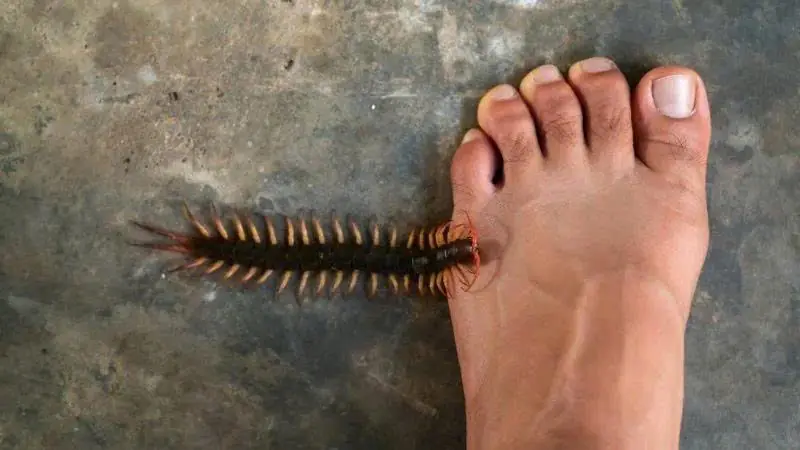
Reasons you should not ki.ll millipedes

When A Brown Bug Like This Appears In Your Yard, Immediate Action Is Required

Tips for washing grapes to remove dirt and worm eggs, and to safely eat the skin
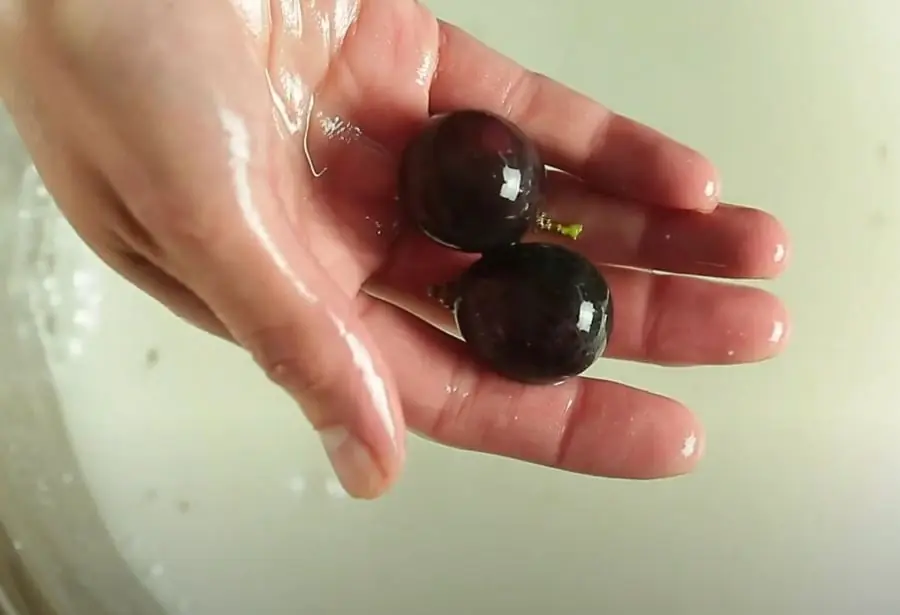
Don’t Eat Grapes Before You Know This Trick
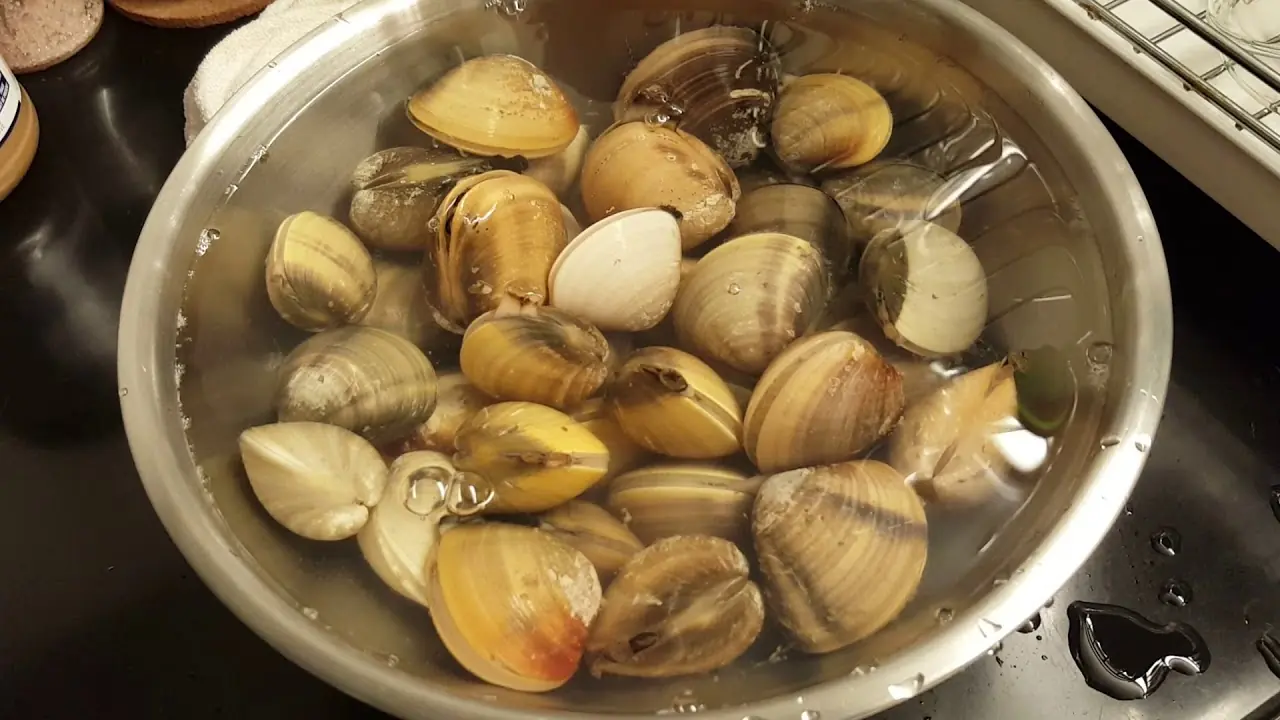
No Matter How You Wash Clams, There’s Still Grit Inside?

The Secret to Keeping Potatoes Fresh for 6 Months Thanks to a Surprising “Friend” in the Kitchen

Unusual moles might be more than just a skin quirk — they could be warning signs of cancer
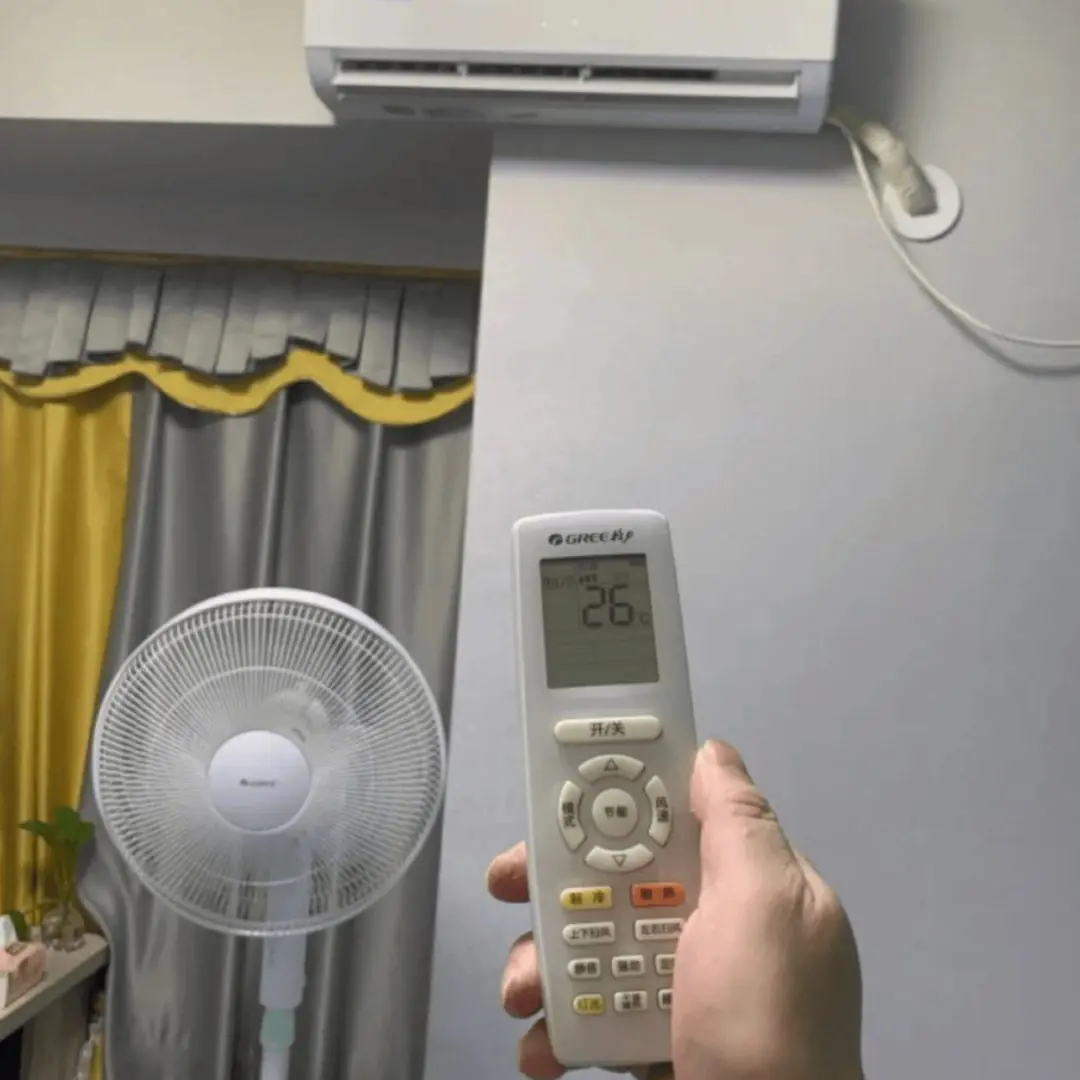
Using the Air Conditioner and Fan at the Same Time? I Expected Higher Costs, but the Truth Surprised Me
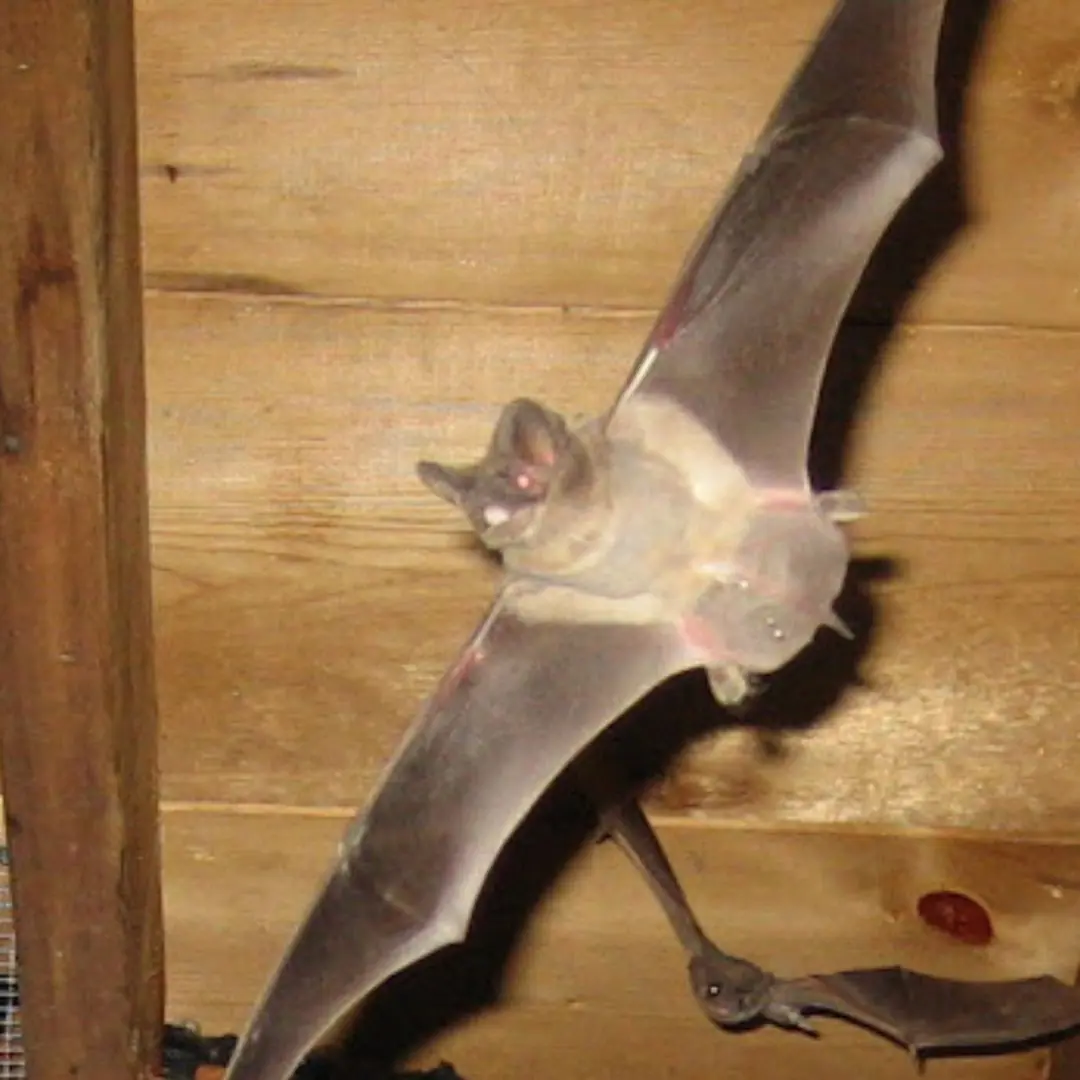
Don’t Panic! Follow These Steps If a Bat Gets Into Your House

4 Dangerous Mistakes When Thawing Fish
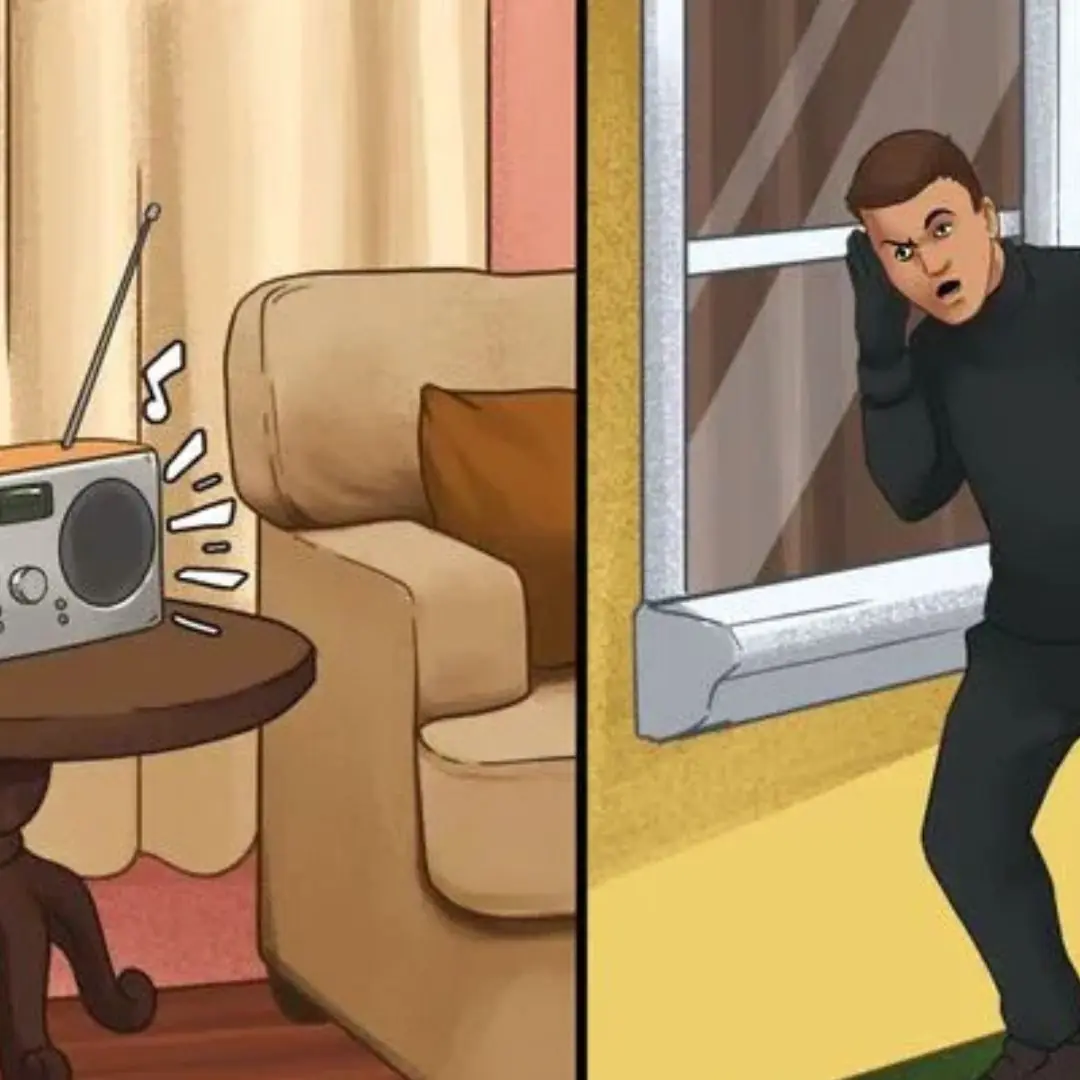
10 tips to keep thieves away from your home
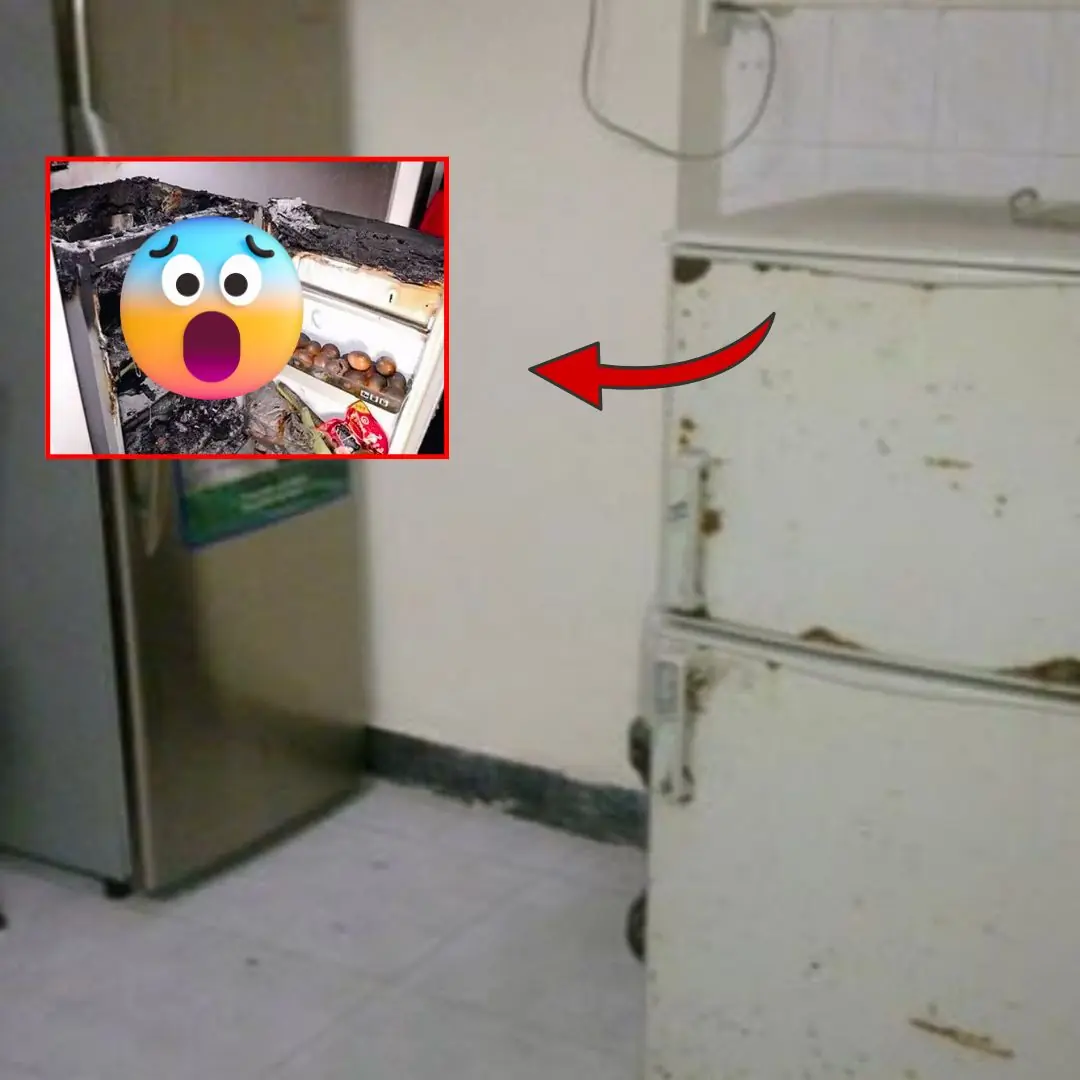
Mistake #5: Almost everyone makes it—but few actually notice

Tips to Skim Excess Fat from Greasy Soup
News Post

Not milk or dried shrimp – this is the real “Calcium King” that many people overlook

Man develops 'pork worms' in his br.ai.n after years doing this specific cooking habit

Diabetes can 'show' strange signs in the neck: If you see them, don't ignore them

3 Drinks Called the “Calcium Drainers” But Many People Still Love

4 Surprisingly “Clean” Vegetables with Minimal Pesticides

3 Lucky Plants That Bring Prosperity and Wealth

6 Golden Habits to Help Seniors Reduce the Risk of Cerebral Infarction

One Part of Chicken Contains Four Times More Cholesterol Than Pork Fat

Sweet Potatoes Are Not Good for These 3 Groups of People

Just hang a handful of these leaves in front of your door - flies and mosquitoes will disappear

Want the Health Perks of Coffee? Here’s the Best Time to Drink It

Taylor Swift and Travis Kelce announce engagemen
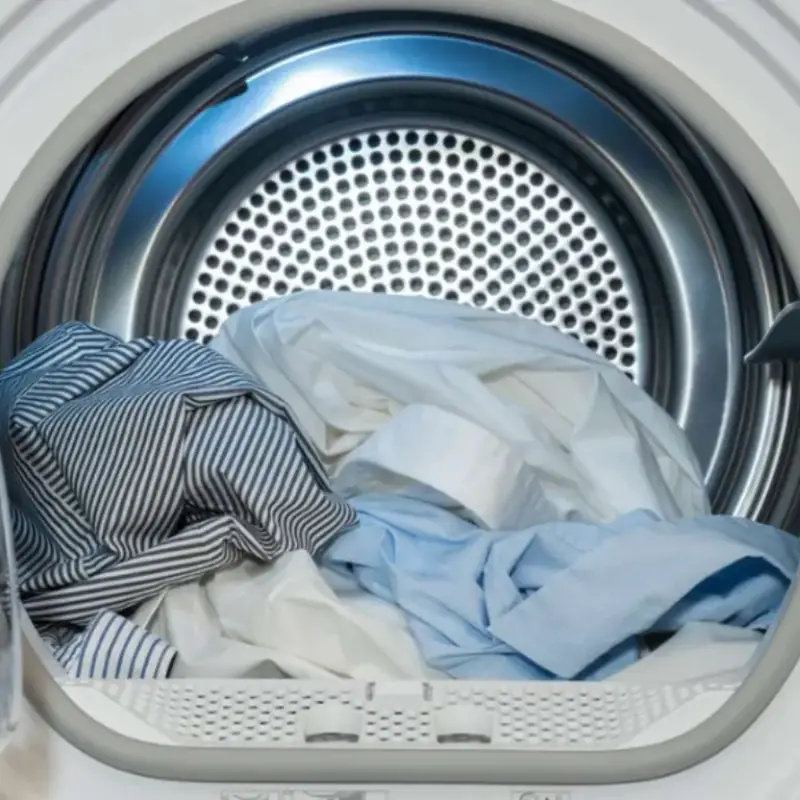
Washing Machines Have a Special Mode That Dries Clothes Faster

Flight attendant explains why cabin crew members always sit on their hands during takeoff

6 things you should absolutely not do when you have neck and shoulder pain because they destroy bones and joints and are terrible for your stomach

8 types of plants that attract snakes into the house

Mixing fabric softener with salt: Great use to solve household problems

Headache for 5 days, woman suddenly fell to the ground, co.nvulsed, had difficulty speaking

Summer or winter, Japanese people wear socks to sleep — here’s why!
